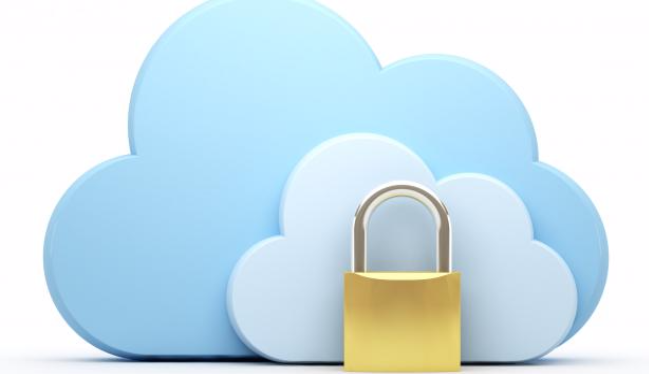Citrix: endpoint security is not enough to protect business data
Companies need to take a more holistic approach to security than just MDM, says Citrix


Mobile device management (MDM) and endpoint security are no longer enough to a secure workplace IT, Citrix has claimed.
Speaking at a security panel session at the annual Citrix Synergy conference in Orlando, Florida, CTO Christian Reilly said: "[Security] is not getting any less complex and let's not pretend that we are going to win security by securing the device, because by a large portion that is an unwinnable war."
Reilly also pointed out that the proliferation of devices now goes far beyond the bring your own device (BYOD) trend, thanks to the Internet of Things (IoT).
"The sheer number of devices we're going to see connected on these networks is going to surpass anything we have ever seen before ... and all these devices are going to chuck out tonnes and tonnes of data," said Reilly.
"Typical security has been based around user interaction. So I am a user - a human user - interacting with something. What I think we are going to see happen really quickly is machines will effectively outnumber humans in terms of connectivity and data transmission, so again we are going to think about this very differently.
"The question is do you to try and secure them all, or do you just try and secure what really what matters?" he added.
From a Citrix point of view, there are three ways to approach the problem of the changing threat and security landscape: focusing on data rather than devices, using a multi-faceted approach to security, and virtualisation.
Sign up today and you will receive a free copy of our Future Focus 2025 report - the leading guidance on AI, cybersecurity and other IT challenges as per 700+ senior executives
Gier Ramleth, chief strategy officer, said in the second day keynote: "[We] want to start keeping the data back where I can control the data, in the data centres. So we do virtualsation. And then if we then have to move it to other devices, we want to containerise it."
"Now we need different forms of security models to deal with that. You have to tie this down. The model I use is 'DDRR': Deter, Detect, Respond and Remediate. We can't plan what happens to us, but we can plan how we deal with it and that's where you have to go," said Ramleth.
According to Citrix, XenApp, XenDesktop and XenServer work to secure data through virtualisation, NetScaler and CloudBridge secure the network, and XenMobile, WorxApps and ShareFile secure data through containerisation.
However, the company has been at pains to state it is not a security provider, but a "security partner" that has its place in a wider picture.
"We understand that we have a really strong play in some security elements, but I don't think there is any vendor on the face of the earth that could throw a blanket over everything and say 'we have you covered' and would stand behind that with a guarantee that if you were breached they would pay for it," said Reilly.
"This is a scary world we live in ... and that is not going to get any less complicated as we move forward with where technology is going. The big piece to remember in this is we have to be prepared and Citrix as an organisation, we have to be able to empower our subscribers of the normal workspaces to be prepared.
"This is not something we do on our own, we are not a security company, but we are a key partner in the fabric of security," Reilly concluded.

Jane McCallion is Managing Editor of ITPro and ChannelPro, specializing in data centers, enterprise IT infrastructure, and cybersecurity. Before becoming Managing Editor, she held the role of Deputy Editor and, prior to that, Features Editor, managing a pool of freelance and internal writers, while continuing to specialize in enterprise IT infrastructure, and business strategy.
Prior to joining ITPro, Jane was a freelance business journalist writing as both Jane McCallion and Jane Bordenave for titles such as European CEO, World Finance, and Business Excellence Magazine.
-
 I couldn’t escape the iPhone 17 Pro this year – and it’s about time we redefined business phones
I couldn’t escape the iPhone 17 Pro this year – and it’s about time we redefined business phonesOpinion ITPro is back on smartphone reviews, as they grow more and more intertwined with our work-life balance
-
 When everything connects, everything’s at risk
When everything connects, everything’s at riskIndustry Insights Growing IoT complexity demands dynamic, automated security for visibility, compliance, and resilience